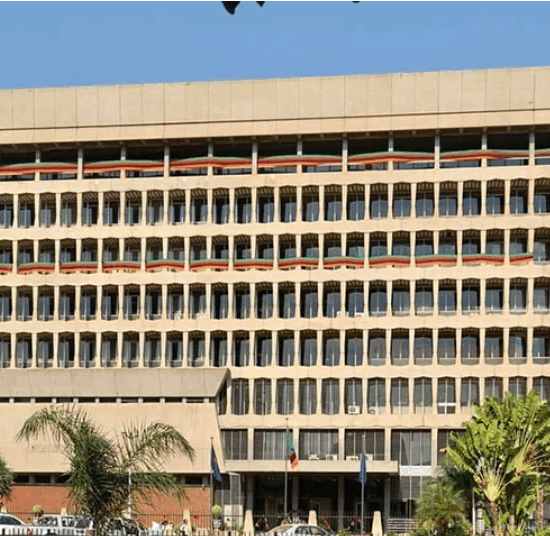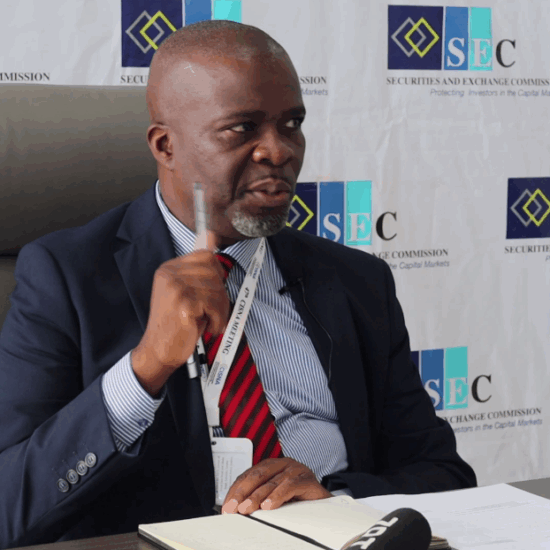
The World Bank has called for the Zambian government to undertake bold fiscal and structural policy reforms to preserve macroeconomic stability, boost business and market confidence, and improve its growth prospects for 2019 and beyond in line with the Zambia Plus economic program.
The latest World Bank’s Economic Brief on Zambia has indicated that Zambia’s path to economic recovery remains weak, reflecting both exogenous and policy uncertainties.
The brief has indicated that despite the Zambian economy growing by 3.7 percent in 2018 from 3.5 percent in 2017, a stronger recovery was undermined by lower crop harvest and fiscal slippages that led to the accumulation of new public expenditure arrears and high government borrowing that impacted private sector activity.
Speaking at the launch of the economic brief in Lusaka last week, World Bank Senor Economist Samson Kwalingana said under the current policies, growth is forecasted to weaken to 2.5 percent in 2019 and remain below 3 percent over the medium-term while inflation remained within the authorities’ target range of 6-8 percent in 2018, averaging 7.5 percent for the year, pressures are now mounting, leading the central bank to tighten its monetary policy stance in May 2019 for the first time in over two years.
The brief also suggests some policy options including (i) front-loading fiscal consolidation to return to medium risk of debt distress and create fiscal space for inclusive growth and strengthening debt management to reduce the debt service burden and minimize debt-related vulnerabilities.
In addition it suggests rebuilding foreign exchange reserves to buttress external stability, and implementing plans to improve the financial and operational sustainability of electricity utility ZESCO and enhance the transparency of of operations and performance of State-Owned Enterprises (SOEs).
The report highlights multiple opportunities that Zambia’s abundant renewable natural resources present to support sustainable economic growth. “Zambia’s economy has thus far been dominated by discoveries, expansion, and fluctuations in the minerals sector, but going forward, the country needs to harness its renewable natural resource endowment to promote sustainable growth”.
“While the contribution of renewable resources like agricultural land, forestry and fishing to GDP has declined in recent years, the sector’s linkages with the rest of the economy remain significant,” said Ina Ruthenberg, World Bank Country Manager for Zambia.
Zambia has recently undertaken a change in Finance Minister, with former Bank of Zambia Deputy Governor Dr. Bwalya Ngandu taking over from ex-banker Magerate Mwanakatwe. The move has largely being welcome by the markets and more is expected from the new minister.







